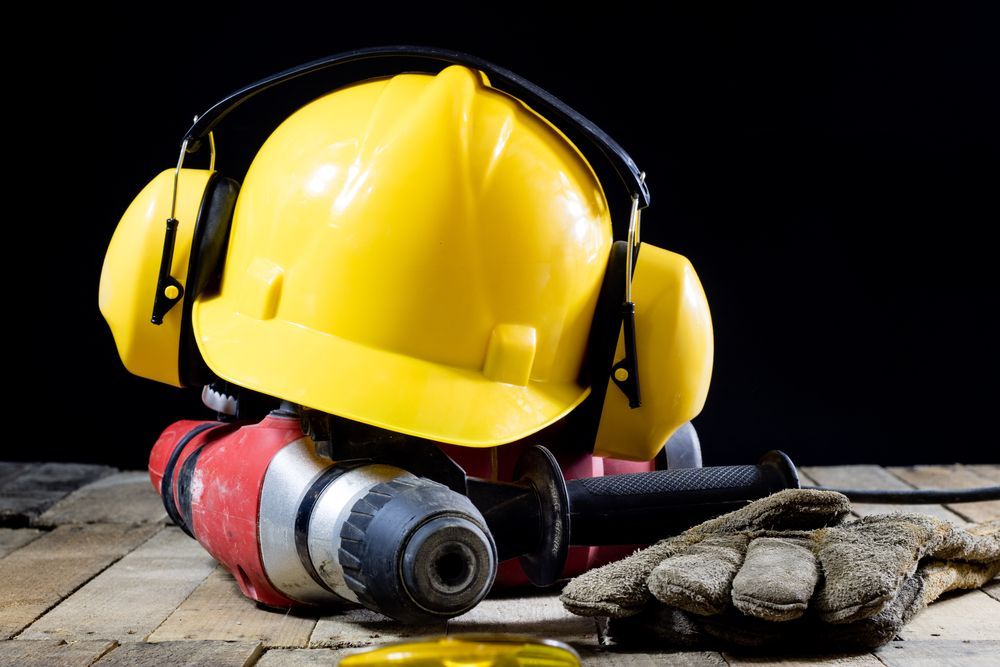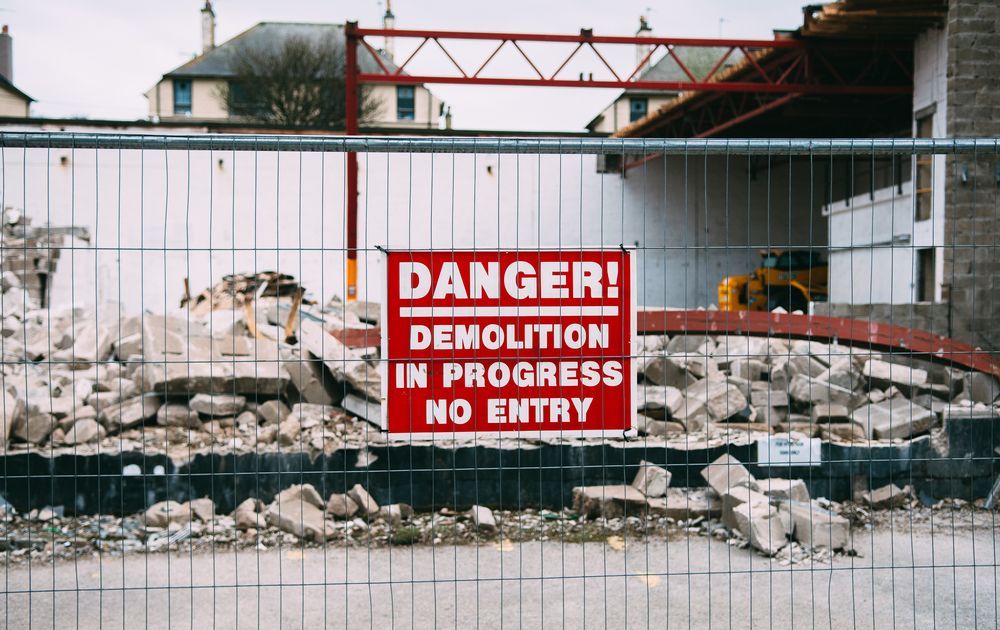The Ultimate Guide to Commercial Demolition Safety
Share this article:
Written by: Alpine Demolition
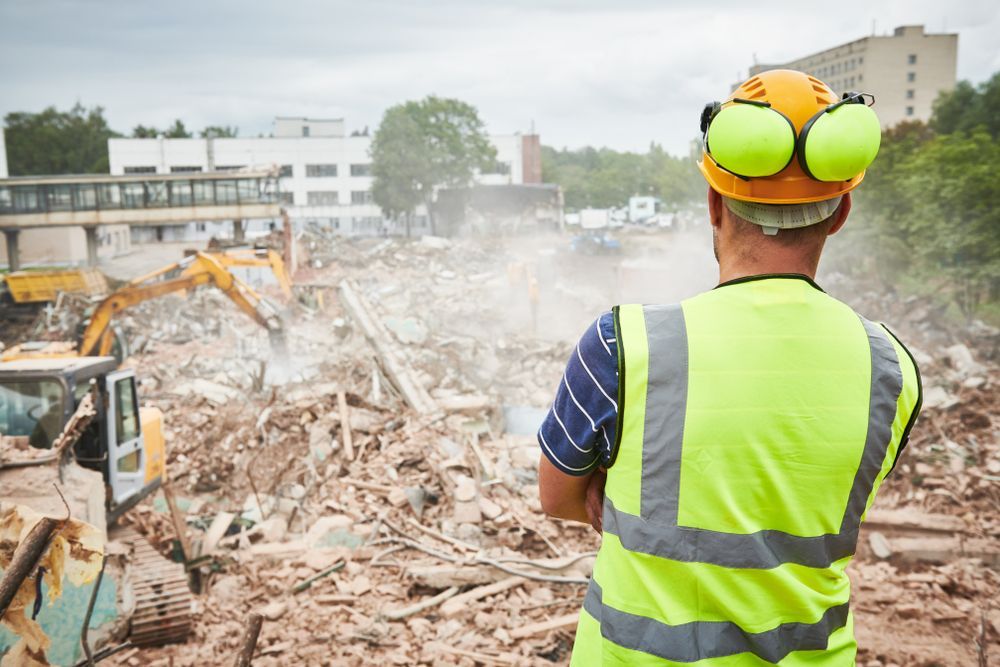
Understanding the Importance of Safety in Commercial Demolition
Safety is the foundation of every commercial demolition project. From the removal of interior components to the complete takedown of large structures, each phase involves risks that must be carefully managed. Protecting workers, nearby properties, and the environment requires expertise, attention to detail, and a proactive approach.
At Alpine Demolition, safety is built into every step of our process. Our experienced team uses proven systems to identify potential hazards, control activity on-site, and maintain compliance with all regulations. This commitment allows us to deliver consistent, high-quality results while keeping people and property protected.
Pre-Demolition Planning: Site Assessments and Risk Analysis
Thorough planning is critical to ensuring a safe and efficient commercial demolition project. Before any equipment arrives on-site, Alpine Demolition conducts detailed site assessments to evaluate structural conditions, surrounding properties, utilities, and potential environmental hazards. This early stage sets the foundation for a controlled, incident-free demolition.
Our risk analysis process identifies site-specific challenges and develops strategies to mitigate them. We consider everything from access points and traffic flow to building materials and weather conditions. By investing significant time upfront in assessments and planning, we minimize surprises, protect our teams, and keep every project on schedule and within scope.
Critical Safety Protocols During Active Demolition
Once demolition begins, strict safety protocols guide every movement on-site. Alpine Demolition follows a structured sequence of operations designed to maintain control over structural behavior, manage debris, and protect workers and the public. Active communication between team members keeps everyone informed about ongoing activities and any potential changes in site conditions.
We implement real-time monitoring to track dust, vibration, and structural response. Clearly marked exclusion zones and physical barriers separate work areas from pedestrian and vehicle traffic. Our supervisors conduct continuous safety checks throughout each phase of the job, making sure all activities align with the approved plan and local regulations.
Equipment Safety and Operator Training Standards
Demolition work relies on the safe, precise operation of heavy equipment. Before any machine is used on-site, it must be thoroughly inspected and confirmed to meet all safety and maintenance standards. Equipment that is well-maintained not only improves performance but also significantly reduces the risk of mechanical failures that could jeopardize site safety.
Operators play an equally vital role. Proper training, certification, and experience are essential for anyone handling demolition machinery. Operators must understand how to work within active job sites, interpret signals from ground crews, and adapt quickly to shifting conditions.
Managing Environmental Hazards and Hazardous Materials
Commercial demolition often involves the handling of hazardous materials such as asbestos, lead paint, or chemical residues. Proper identification and management of these substances are critical to protecting workers, the public, and the environment. A thorough environmental assessment before demolition begins helps identify potential hazards early, allowing for proper abatement and removal procedures.
During demolition, strict containment practices help prevent the spread of airborne contaminants and runoff. Specialized crews follow regulated handling, transport, and disposal methods that align with environmental standards. Careful management of hazardous materials not only safeguards health but also helps avoid regulatory violations and project delays.
Regulatory Compliance and Documentation Requirements
Commercial demolition is governed by a complex framework of local, state, and federal regulations. Adhering to these rules is not just a legal requirement. It is also an important part of maintaining safety, accountability, and public trust.
Key compliance areas include:
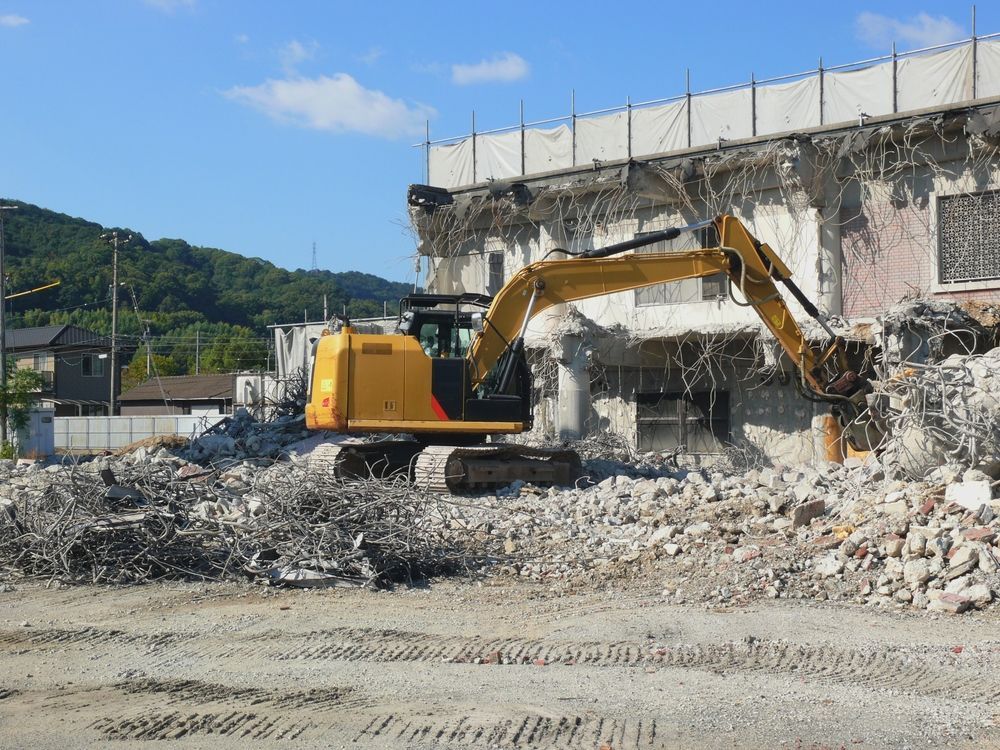
- Permitting: Before demolition begins, all necessary permits must be secured through local municipalities. These may include demolition, utility disconnect, and environmental permits, each with specific conditions tied to the scope of work.
- Utility Notifications and Disconnects: Coordinating with utility providers to shut off gas, electric, water, and sewer services is a required step. Documentation confirms that no active lines pose a risk during demolition.
- Hazardous Material Reporting: If hazardous materials are present, reports must be submitted detailing identification, abatement plans, and disposal procedures in accordance with Environmental Protection Agency (EPA) or state environmental guidelines.
- Dust and Noise Control Plans: Some jurisdictions require written plans outlining how dust suppression and noise mitigation will be handled. These plans often include equipment specifications, water suppression strategies, and working hour limitations.
- Daily Logs and Incident Reports: On-site supervisors maintain daily activity logs and document any safety incidents or environmental concerns. This recordkeeping supports accountability and helps track overall job progress.
Post-Demolition Safety Checks and Site Clearance
After demolition is complete, careful site inspections are essential to confirm that all hazards have been addressed. Crews walk the site to identify and remove remaining debris, check for underground obstructions, and verify that the ground is stable and safe for future construction activities.
Site clearance includes hauling away materials, backfilling excavated areas if needed, and grading the land to meet project requirements. Dust control measures and erosion protections are maintained until the site is fully stabilized. A clean, hazard-free site is not just a project requirement. It is also a reflection of the professionalism and thoroughness that clients and communities expect.
Ready to Prioritize Safety on Your Next Demolition Project?
Alpine Demolition delivers expert commercial demolition services backed by strict safety standards, detailed planning, and regulatory expertise. Our team works closely with clients to keep projects on schedule, on budget, and above all, safe.
Submit a bid request or contact us today to speak with our team. We’re here to help you move forward with confidence.
